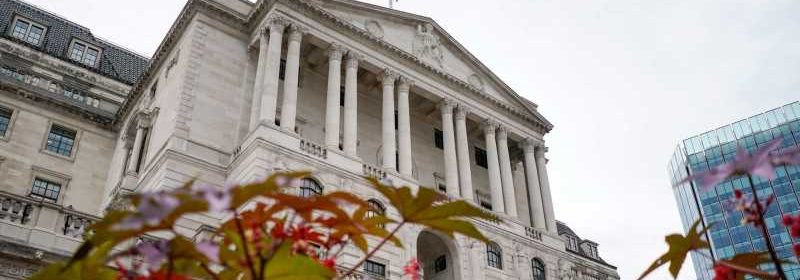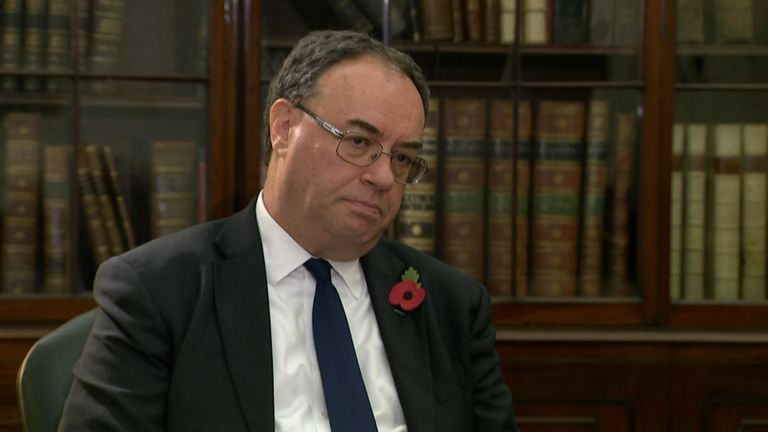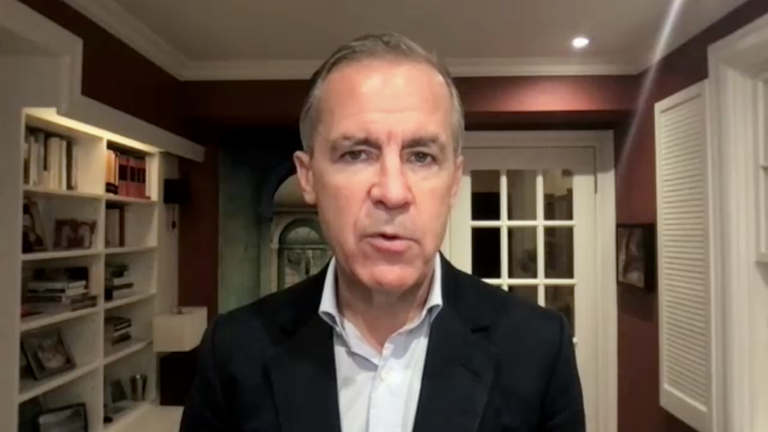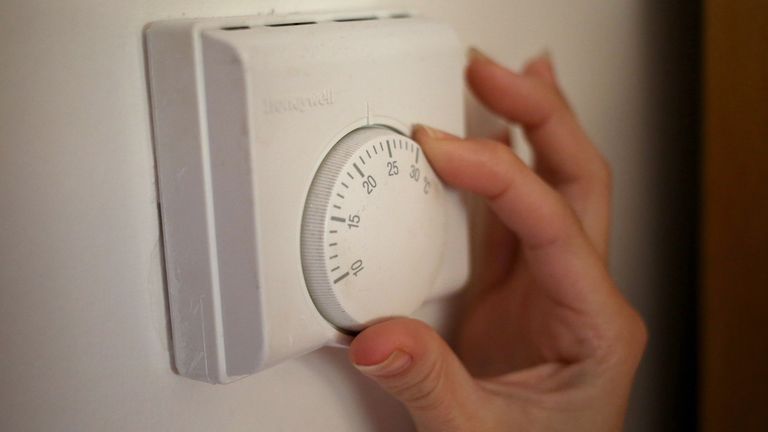Bank of England chief: I’m uneasy about inflation but we are a long way from the 1970s

Bank of England governor Andrew Bailey has admitted he is “very uneasy” about high inflation – but dismissed the idea that Britain could face a 1970s style wage-price spiral.
Mr Bailey was being questioned by MPs over the Bank’s latest decision to leave interest rates on hold at a record low of 0.1% – surprising investors – despite inflation being higher than its 2% target and on course to top 5% in coming months.
Speaking to the Commons Treasury select committee, he defended the decision not to act by saying he wanted to first see an answer to the “puzzle” of what has happened to the jobs market after the furlough scheme ended in September.
Mr Bailey said: “I am very uneasy about the inflation situation.
“It is not of course where we want it to be, to have inflation above target.”
Pressed on the danger of a wage-price spiral – where workers ask for more money to cover rising inflation and those demands result in higher prices, which then in turn prompts further wage demands, Mr Bailey said: “The structure of the economy, the structure of the labour market is very different to the 1970s.
“I tend to play down the comparison with the 1970s.
“Of course the inflation story in the 1970s was much worse, and persistent throughout the decade.”
Mr Bailey said one reason was that, even though some employers were having to pay more to hire new staff “that doesn’t necessarily translate at the moment into paying their existing staff more”.
He added: “We are a very long way from the 1970s.”
Interest rates were slashed to 0.1% early on during the pandemic in order to try to help the UK weather the coronavirus crisis which saw much of Britain’s economic activity suspended.
But as the economy recovers and with inflation surging, there is pressure to increase rates – a lever traditionally seen as a tool by which central banks can keep a lid on price rises.
The Bank governor reiterated that the recent decision on interest rates was a “very close call”.
On the one hand, he said, Britain’s economic recovery was starting to slow partly due to supply chain strains dragging on growth.
But at the same time, the energy market and global goods prices were pushing up inflation.
Rehearsing his previously-stated rationale for not hiking interest rates, Mr Bailey said that doing so was not “going to supply more gas or supply more computer chips”.
He added that by the time of the Bank’s next interest rate meeting it would know more about what had happened to the one million jobs that were still on furlough when the scheme ended.
Mr Bailey was speaking a day ahead of official labour market figures which will for the first time give an indication of the impact of the withdrawal of that support on UK payrolls.
Inflation figures out on Wednesday, expected to show the rate of price increases at their highest level in nearly a decade, will also be closely watched by the Bank.
Michael Saunders, a member of the BoE’s rate-setting committee who did vote for a rate rise earlier this month, backed the governor in agreeing that there was “no risk of a wage-price spiral”.
But Mr Saunders told MPs his fear about not increasing interest rates now was that it would mean when they do eventually have to go up, the increase may have to be faster and potentially higher.
Source: Read Full Article



